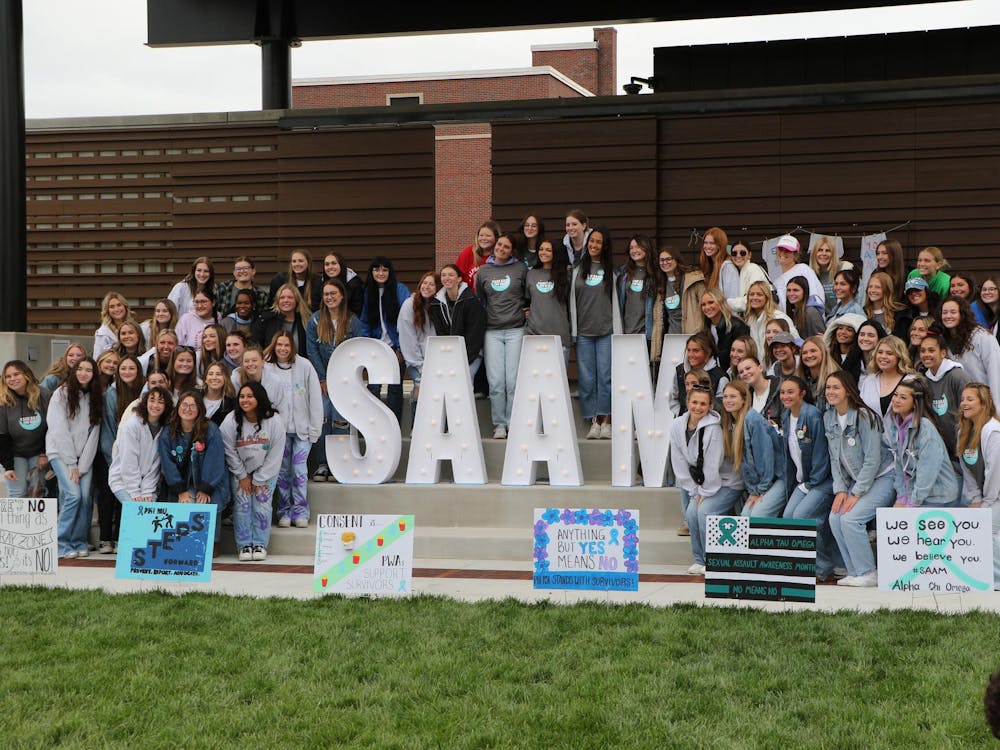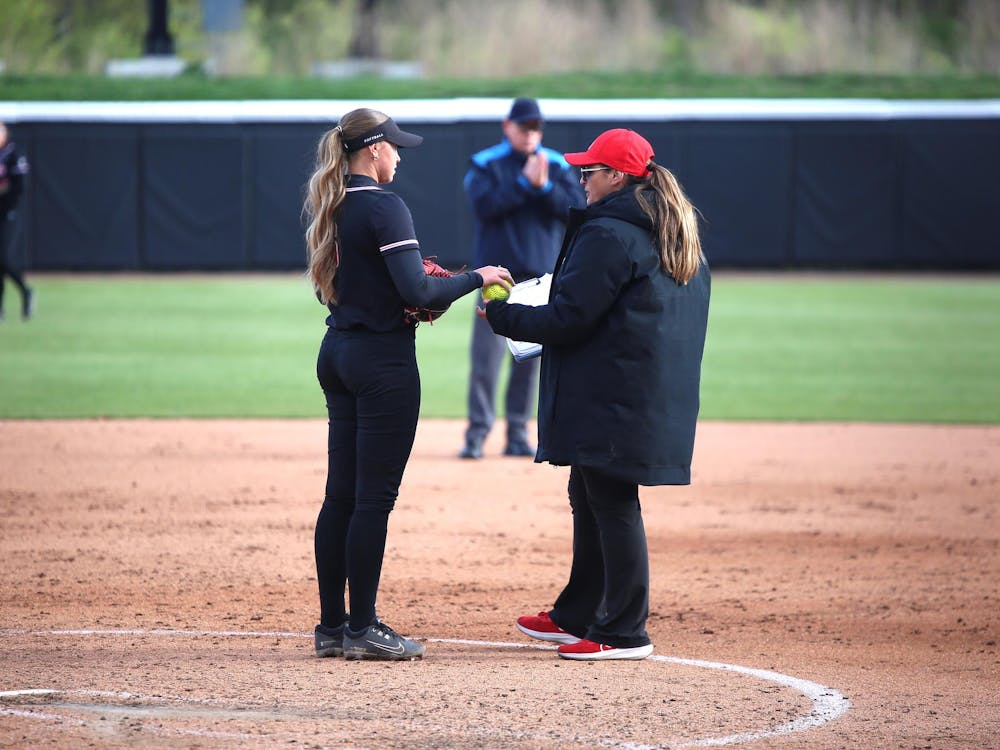Signs of reverse culture shock:
- Boredom
- Trouble explaining your experience
- Reverse homesickness for the study abroad location
- Relationship changes
- Feelings of alienation
Ways to prepare for reverse culture shock:
- Understand the familiar will seem different
- Reserve judgment
- Flexibility
- Beware of comparisons
- Seek support
• Returning to U.S. can be just as jarring as spending time in another country.
• Preparing for shock can help lessen severity.
• One student says she is afraid her friends will move on while she is in Kenya.
When one student returned from nine months in the United Kingdom, he had trouble adjusting to work at home and school.
After going to school in Keele, England, where students have independence with their studies, senior political science major Marcus Bingham’s grades slipped when he came back to Ball State, with assignments due on a regular basis.
“I got used to the British way of doing things,” he said. “The first couple of months at Ball State were really hard to adjust to. It hit me hard and fast.”
Students who have returned from a trip abroad may experience reverse culture shock, which is similar to the culture shock felt when arriving in a new country.
On Tuesday afternoon, the Rinker Center for International Programs hosted an opportunity for students to share their experiences with reverse culture shock.
“When you go away, you have culture shock,” Deb Goens, foreign student adviser, said. “People don’t realize it, but when they come back, they go through it again.”
Goens said students think they are familiar with life at home and don’t need to prepare, but when they return with a new outlook, home often feels different.
Reverse culture shock follows the same steps as traditional culture shock: students return home, deal with the change and then adapt to the new situation.
People experiencing reverse culture shock may want to share stories from their trip abroad and find that no one wants to listen. They also realize they missed out on life at home while they were away.
When he tried to talk about his experience with friends, Bingham found it wasn’t the same.
“Your friends are excited for you, and the first couple of weeks they’re like, ‘Tell me all about your trip,’” he said. “But afterward it’s, ‘Oh, you’re talking about England again.’ It is hard talking to your friends here about your adventures because they weren’t there.”
Sociology graduate student Dorine Ayugi, an international student from Kenya, worries about what will happen when she returns home.
“I’m really scared for when I go home,” she said. “My friends will have continued on with their lives, and they are not waiting for me. For them, to appreciate the new way I view things will be a hassle.”
This was the first time in recent years for the Rinker Center to host a conversation around reverse culture shock.
Goens said it is a good opportunity for those who have studied abroad to prepare those who haven’t.
“[The event is to] let people know, so when they do come back, it won’t catch them by surprise and they are prepared,” she said.
For freshman advertising major Sarah Debs, it was an opportunity to ask students who have studied abroad for advice. Debs will study in Wales next year.
She moved three hours away from home for college, but she knows that moving across the North Atlantic Ocean will be an even bigger change.
“I’m going to be so disconnected from everybody,” Debs said. “It’s going to be a lot different from just being at school. I’m trying to anticipate it the best I can before I go over.”
Bingham said talking to other friends who studied abroad in other places helped him readjust to the U.S., and he eventually began to fit back in to his home.
He remembered finding the British section of the international aisle at Meijer. It was “like the heavenly choir” when he discovered his favorite Cadbury hot chocolate mix from his time abroad, a little piece of his experience.
“It does get better,” he said. “As the year has gone on, you get used to it and it does get better.”




